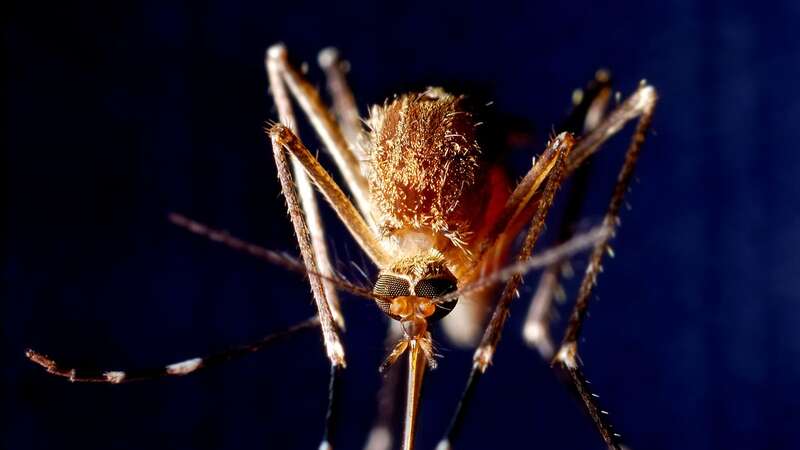
London and other major UK cities could soon host invasive mosquitoes spreading deadly tropical diseases, according to a government scientist.
Dr Jolyon Medlock, head of medical entomology and zoonoses ecology at the UK Health Security Agency (UKHSA), has said infections such as dengue fever may be transmitted by the insects in cities with warming microclimates.
Lorry drivers coming across the Channel Tunnel are thought to provide the most likely route for them to enter the country. The aedes albopictus mosquito has been present in France since 2004, and in its native Asia is known to carry viruses that spread diseases such as dengue, chikungunya and Zika.
Only six sightings have been ever been recorded in the UK. Speaking of the likelihood of them becoming more established, Dr Medlock told The Telegraph: "Truckers in France are the biggest risk for importing the mosquito into the UK. Most probably the truck driver opens their cab door in France, a mosquito flies in — probably feeds on the individual — and then when they get into England from the ferry or Eurotunnel the mosquito flies out and lays its eggs."
He added that the UK was "probably looking at several decades" however before clusters of dengue fever are found, a disease which can induce a high temperature, pain behind the eyes and muscle and joint pain. The only disease known to be spread by mosquitos in Britain currently is Lyme disease, which is more commonly contracted through tick bites.
 Brit woman infected with dengue fever while on holiday in France amid warning
Brit woman infected with dengue fever while on holiday in France amid warning
The aedes albopictus mosquito has successfully introduced itself to many new habitats around the world because of its ability to lay eggs in many different types of site where rainwater gathers or is stored, such as water butts. Dr Medlock said that cities, which tend to be warmer than rural areas and have a high number of man-made water storage facilities, provide them with an ideal breeding ground - and as the climate continues to heat up, people in Britain might have to step up to the "challenge" of stopping them from becoming established. The most commonly spotted type of mosquito seen around water currently is the culex pipiens, which does not bite people.
Last September, a British woman was infected with dengue while visiting family near the French city of Nice. The European Congress of Clinical Microbiology & Infectious Diseases (ECCMID) in Copenhagen, Denmark later heard how the 44-year-old woman - who had no underlying medical conditions and had not travelled to any other countries - presented to an A&E department back home in the UK after experiencing three days of fevers, headache, muscle pain, and a widespread rash. She had no underlying medical conditions.
The UK Rare Imported Pathogens Laboratory (RIPL) confirmed an acute dengue virus infection, though the woman did not require any medical treatment. Dr. Owain Donnelly from The Hospital for Tropical Diseases said her case was one of "over 30" locally transmitted cases in the south of France in 2022.
Read more similar news:
Comments:
comments powered by Disqus

































